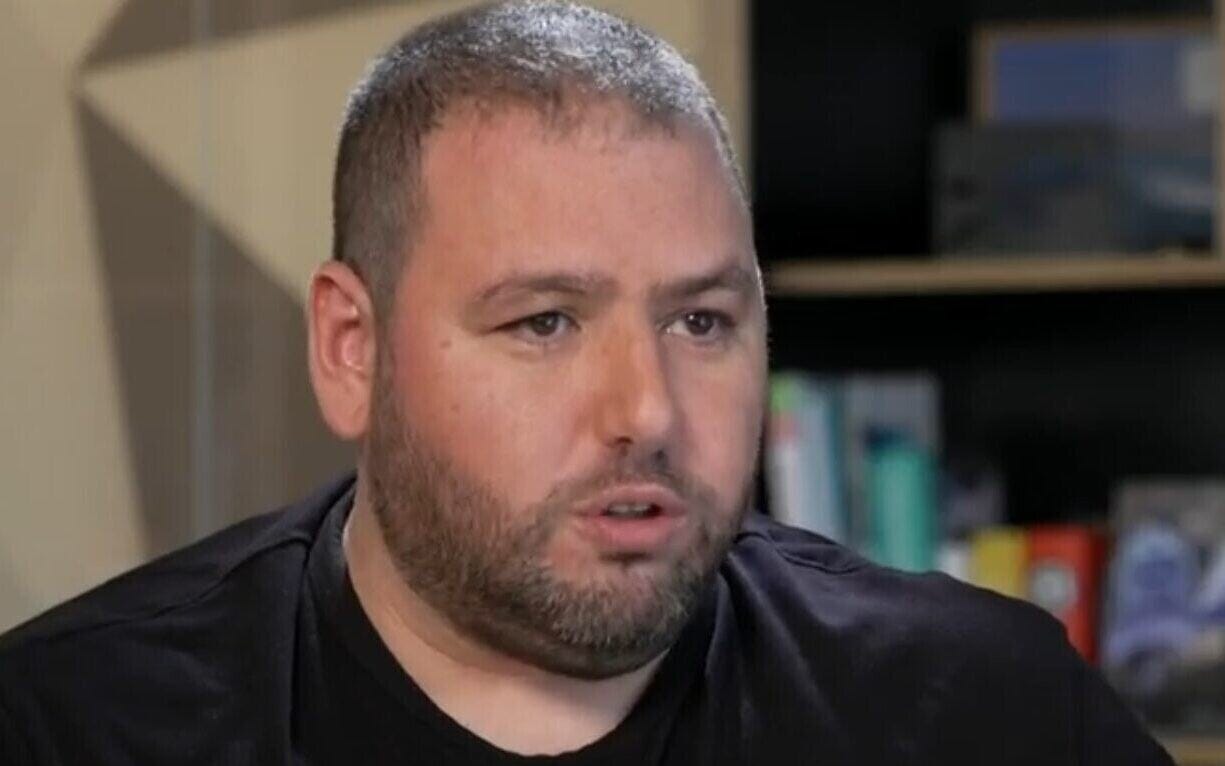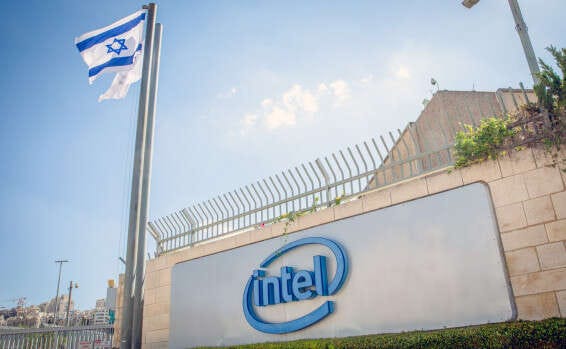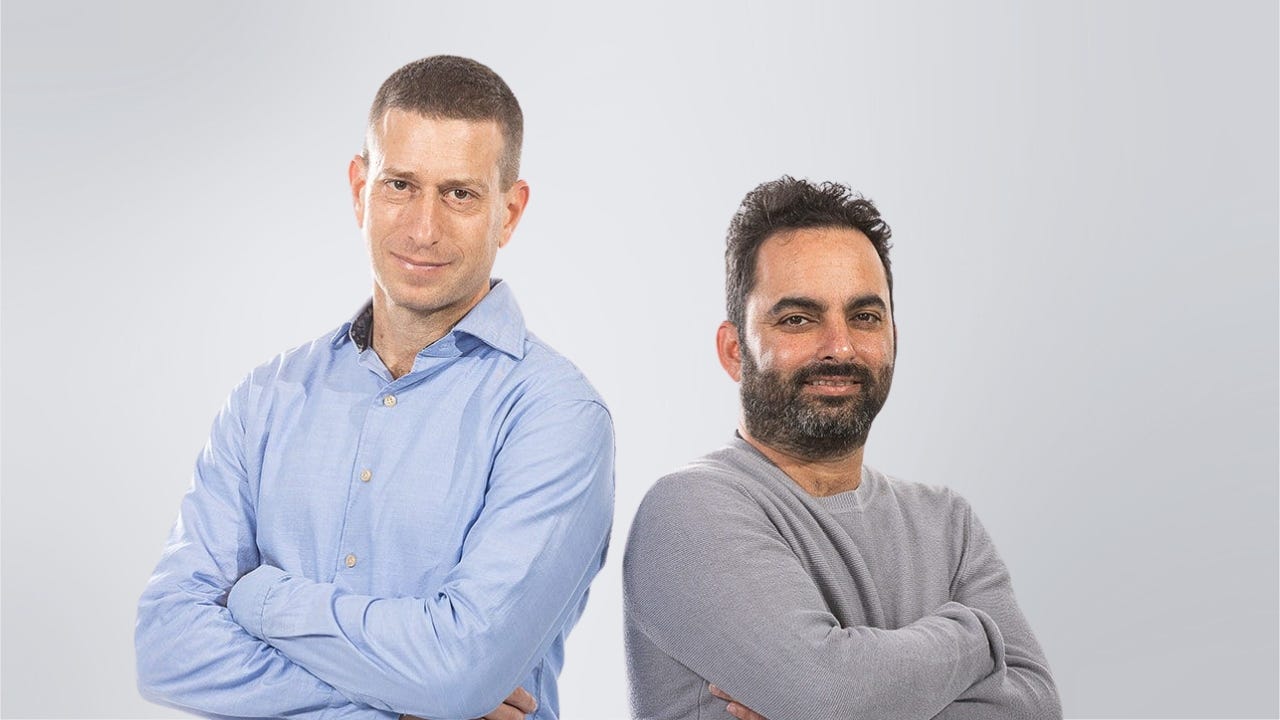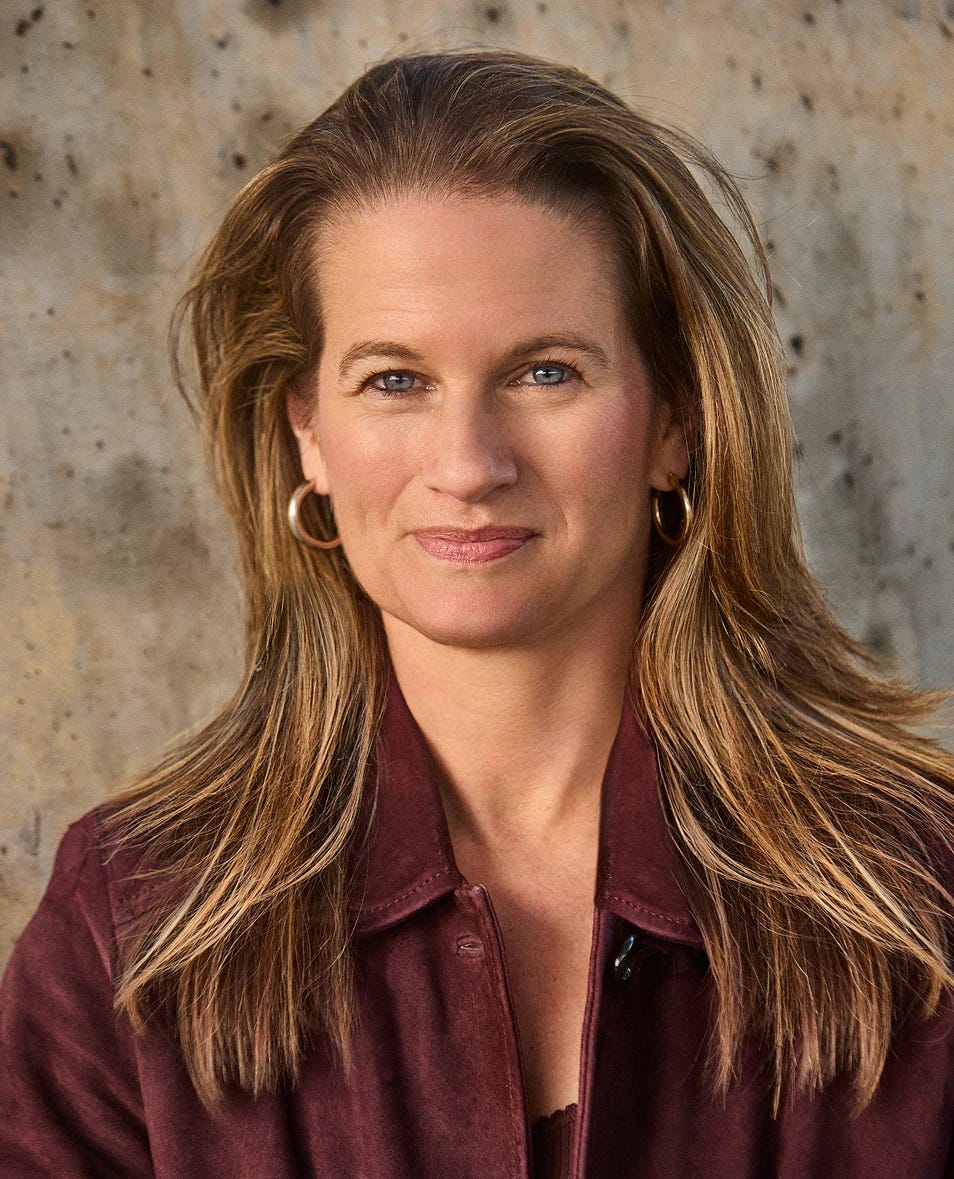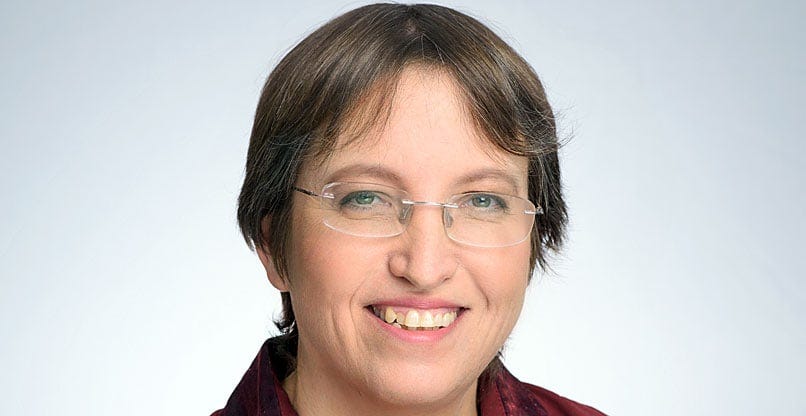Israel's AI Crown Sits Uneasy
Also: NSO's ex chief goes on the defensive; Intel Israel braces for major cuts
Housekeeping: Welcome to the weekend edition of Israel Tech Insider. I’m Amir Mizroch, a journalist and communications advisor living and breathing Israeli tech for the past 15 years. As a former EMEA Tech Editor at The Wall Street Journal, I connect the dots to give you a sharp, insider’s take on what’s really going on in Israel’s tech industry. More about this newsletter.
Catch up on previous editions here and here.
Reach out to me with your feedback and at amir@israeltechinsider.com
What's really going on in Israeli AI?
"Uneasy lies the head that wears a crown", Henry IV, Part 2, William Shakespeare.
In the emerging world of AI, Israel wears the crown—but it sits uneasily on its head. Several reports into AI in Israel have recently appeared, and the overall picture they paint is, well, nuanced.
First, the good news. According to Start-Up Nation Central, Israeli AI startups show a remarkable 173% growth rate since 2014 and capture 47% of total tech funding despite comprising only 30% of companies. LinkedIn's recent AI Talent Index, shows that Israel boasts the world's highest concentration of AI talent, with AI-skilled workers making up 1.98% of the workforce. Even more striking, the same LinkedIn index reports that female representation in Israeli AI roles outpaces the global average nearly threefold with a score of 2.95, the highest among 87 countries measured.
So much for the good news.
Microsoft's new global Work Trend Index, reveals a troubling disconnect: while 67% of executives are familiar with AI tools, rank-and-file workers lag significantly behind (40%). This top-down adoption pattern reverses the traditional adoption patterns seen with personal computers in the 1980s and the internet in the 1990s.
Executives understand AI's transformative potential but fail to adequately prepare their workforce for the seismic shift. As Dr. Tomer Simon of Microsoft Israel tells CTech, "We all have bikes now...but 80% of employees say, 'We're too busy.'"
This tension extends beyond corporate walls into Israel's broader ecosystem. Despite leading globally in AI talent concentration across multiple industries, the sector simultaneously suffers from critical shortages in specialized AI experts, particularly those with advanced degrees in machine learning, image processing, and natural language processing. All told, there are about 100 core AI professors and postdoc researchers in the country. Many other Israeli AI academics are abroad.
This is the contradiction at the center of Israel’s AI story: elite capability, scarce scalability.
Meanwhile, international competition is catching up. For years, Israel punched above its weight in proportional AI investment—3–4x more than Europe or the U.S. That gap is closing. OpenAI’s mega-deals with the Trump administration, and the CHIPS Act juggernaut, have shifted capital flows. For the first time, the U.S. leads in proportional AI investment.
The UAE has committed $100 billion to create its own sovereign AI infrastructure, including foundational models in Arabic, and crucially, the clean energy infrastructure to power hordes of new data centers. The tiny Emirate is projected to rank third globally, after China and the US, in AI’s contribution to the economy.
All this suggests Israel's comparative advantage may be eroding precisely as the technology reaches its inflection point.
Part of the issue is structural. Israel’s AI success is mostly applied—cybersecurity, agtech, medtech—practical implementations rather than fundamental research. Foundation model research is sparse. There aren’t any globally recognized Israeli Large Language Models. The global game is shifting toward infrastructure and foundational layers. The companies dominating the next wave won’t be bolt-ons, they’ll be platforms. Israeli tech’s practical focus may become a limitation rather than a strength.
While it’s true that some of the world’s brightest AI minds are here, there’s just not enough of them to scale a national AI strategy that keeps Israel punching above its weight globally, like it does in cyber. The government has set up a committee to chart one—including attracting Israeli AI researchers abroad to return home—but the government’s priorities lie elsewhere at the moment.
Israeli talent is globally competitive. The world is their kosher oyster. Since the judicial reform started in early 2023, and certainly since the October 7 attacks, more Israeli techies are setting up shop abroad—especially in Cyprus, Portugal, the UK, and the UAE—than returning home. Tel Aviv might still be the brains of the operation, but the body is dispersing.
There is still time to reverse the trend and keep the body intact. The country has leveraged its unique security expertise, technical education, and entrepreneurial culture to build a formidable AI ecosystem. We are bringing AI models into cyber, health, agriculture, and finance. But often these are other people’s models. To do with AI what Israel did with cyber requires addressing fundamental contradictions: bridging the executive-employee adoption gap, resolving talent shortages while maintaining high female representation, and balancing applied solutions with fundamental research capabilities.
The question isn't whether Israel deserves its AI leadership position, but whether it can resolve these tensions to maintain it as the technology reshapes our world.
Guess Who's Back?
Shalev Hulio—the co-founder of controversial cyber company NSO Group whose Pegasus spyware became the digital skeleton key for authoritarian regimes worldwide—has rebranded himself as defender rather than predator. His first interview since departing NSO reveals a man who has expertly executed tech's oldest rebrand play: switch sides when the heat gets too intense.
In his conversation with Globes (Hebrew), Hulio sidesteps the wasteland of scattered cyber skeletons his previous venture left behind after it was blacklisted by the Biden administration for enabling surveillance of dissidents, journalists, and politicians. Instead he used the interview to pitch his new company, DREAM Security, as the white knight of critical infrastructure. The market bought it: a fresh $100 million investment at a $1.1 billion valuation makes DREAM 2025's first unicorn.
And while DREAM and other defensive cyber companies like WIZ are going gangbusters, the offensive cyber industry, which NSO helped spark and then sink, has shriveled under consistent and painful regulatory blows.
To recap, Hulio left NSO in late 2022 following intense pressure from human rights organizations, media outlets, and the Biden administration, which blacklisted the company and targeted other Israeli cyber firms like Candiru and Intellexa. The administration, led partly by Maher Bitar—a Palestinian-American intelligence officer with a documented history of anti-Israeli activism including involvement in the "Students for Palestine" movement—pushed Israel's Ministry of Defense to severely restrict spyware exports to countries outside Western Europe and North America, causing NSO to halve its workforce and forcing companies like Nemesis and Quadream to close operations.
"There will be crying for generations," warns Hulio, noting Israel's offensive cyber sector has contracted from over 30 companies to just three or four, with many already sold off. Crocodile tears from a man who profited handsomely before switching sides?
He describes a "crazy brain drain" of cyber talent to Europe and Singapore. "We are losing twice: we cut down the industry due to export restrictions—and we saw on October 7 how critical strong cyber capabilities are to our existence—and second, through brain drain beyond Israel's borders."
Tellingly, Hulio sees the Trump administration as a potential lifeline for Israel's decimated offensive cyber industry, and for NSO itself. "There is a friendly American administration here and a government in Israel that this issue is close to its heart," he notes, anticipating policy shifts. When asked directly if Trump might reverse course on NSO-style companies, Hulio carefully responds that "this administration understands the importance of a strong Israel in security and government—I have no doubt that Trump understands this better than his predecessor."
This observation becomes more significant considering NSO Group's continued struggles. Despite hopes that Trump's return might loosen restrictions, the company remains on the Commerce Department's entity list, which bars it from accessing U.S. technology. and also bans U.S. entities or agencies from buying or using NSO Group products, like Pegasus spyware, without a specific license, which is generally presumed to be denied due to the blacklist. Meanwhile, other legal challenges persist, with ongoing lawsuits from Apple and WhatsApp alleging misuse of vulnerabilities in their products to deploy Pegasus.
Rather than expressing regret for NSO's role in enabling surveillance of journalists and activists (would an Israeli CEO ever express regret about anything LOL?), Hulio frames the industry's contraction as a national security threat. Hulio believes the pendulum swung too far against offensive cyber tools (not because of anything NSO did of course), and he's positioning himself to capitalize on any coming reversal while maintaining his new defensive posture at DREAM. The former offensive cyber kingpin may have changed to defense, but you know what they say about the best defense…
Intel Israel Braces For Major Staff Cuts
Intel's newly appointed CEO, Lip-Bu Tan, is expected to announce a 20% reduction in the company's global workforce—approximately 20,000 positions. This marks the second wave of major layoffs after a 15% cut in late 2023, which Tan considered insufficient to address Intel's financial challenges. Intel Israel, the largest tech employer in the country with its roughly 12,000 employees— won't escape these cuts entirely, although industry analysts believe the impact may be somewhat cushioned by the strategic importance of its operations, particularly the Kiryat Gat manufacturing facility that remains critical to Intel's revenue stream.
The layoffs could theoretically reduce Intel Israel's workforce by around 1,800 employees, bringing its total headcount to its lowest level in over a decade. However, Tan's familiarity with Israel's tech ecosystem as former Cadence CEO and investor in Israeli startups like proteanTecs and Vayyar Imaging suggests the impact might be less severe. Israel's operations, engineering, development, and production roles rather than administrative positions that are typically more vulnerable during downsizing, may face proportionally fewer cuts compared to other global locations.
Intel Israel has already experienced significant changes, losing more than 1,000 employees in the 2023 round of cuts through voluntary departures, direct layoffs, and the closure of entire groups. The company has also seen talent migration to competitors, with Nvidia now hosting the largest contingent of former Intel employees among chip companies in Israel.
New Open-Source Hebrew AI Transcription Model
A new high-accuracy Hebrew transcription model was released this week. The model, which powers the recently launched "Eliezer" transcription bot, builds on Whisper-large-v3 and includes a Turbo variant that delivers superior performance across all benchmarks.
What makes this release significant is its commitment to accessibility. The model was trained on an open dataset that will soon be publicly available, alongside the training code itself. This open-source approach ensures that Hebrew language technology continues to develop with community involvement rather than being locked behind proprietary systems.
A standout feature introduced this week is the ability to generate timed transcriptions directly from the free transcription interface. This is particularly valuable for content creators, educators, and accessibility specialists working with Hebrew-language media who need properly synchronized subtitles. The project benefited from collaboration with academic institutions, with special acknowledgment to Professor Yossi Keshet's laboratory at Technion for providing crucial infrastructure.
The interface where you can upload recordings and receive quick and quality transcription with timestamps: https://www.ivrit.ai/he/174-2/
Notable funding news
Cynomi, a startup that brings enterprise-level cybersecurity to small and medium sized businesses, has raised $37 million from top tier investors Insight Partners and Entrée Capital, with previous backers Canaan, Flint Capital, and S16VC also participating. London and Tel Aviv-based Cynomi was founded by CEO David Primor, a PhD who previously was the CTO and head of R&D of the Israel Defense Forces; and COO Roy Azoulay, who started and led the first startup incubator at Oxford University. When Cynomi first launched in early 2023 I interviewed Azoulay (full disclosure, I love the guy and we go way back) for my podcast The Dejargonizer. To learn more about what Cynomi does and what makes them important, check out the episode: How Small Businesses Can Get Big Cyber Protection.
KOMPAS VC has closed a €150M Fund II focused on industrial tech startups addressing decarbonization and resilience, with Israeli partner Talia Rafaeli bringing expertise from waste management projects like UBQ and Ecotech; the firm is expanding its geographic reach to include Israel in its search for transformative startups alongside Europe and the US.
People Moves
Dr. Dorit Dor, a veteran employee and Chief Technology Officer of Check Point, is stepping down from her position to become an advisor to the Israeli cybersecurity giant. As one of Check Point's first employees when the company had fewer than 20 workers, she has been instrumental in its growth over nearly three decades and stands as a trailblazer for women in cybersecurity, establishing mentorship programs that have helped countless women enter technical roles. She will focus on Qubit Ventures, a quantum computing investment fund she recently co-founded. Her replacement, Jonathan Zanger, former CTO of computer vision for retail company Trigo, and the youngest Lieutenant Colonel in Unit 8200, will assume the role in the coming weeks. This leadership change was announced by Nadav Zafrir, Check Point's new CEO, during the company's quarterly press conference.
Dan Padnos, one of Israel’s top AI product talents, has joined Riverside.FM, a growing podcast platform, as Head of AI. Padnos makes the move from AI21 Labs, the Israeli competitor to companies like OpenAI and Anthropic. Why would a podcasting platform hire a head of AI? Riverside’s CEO and Co-Founder Nadav Keyson, in his announcement of Padnos’ joining, says the podcast platform is exploring content creation and AI, “redefining how audio and video content is produced.” Let’s wait and see listen.
Omer Levy has been promoted to Vice President at SoftBank Investment Advisers where he will focus on cyber and Israel.
Opportunities
The Health+Tech VC Mashup Meetings offer Israeli health tech startups a unique opportunity to meet with VCs from both health and tech domains in one session, led by Sam Cronin and Arkin Digital Health; entrepreneurs can pitch, get feedback, or consult on specific challenges in an informal setting designed for tailored insights - register at https://lu.ma/bmkihyq9.





